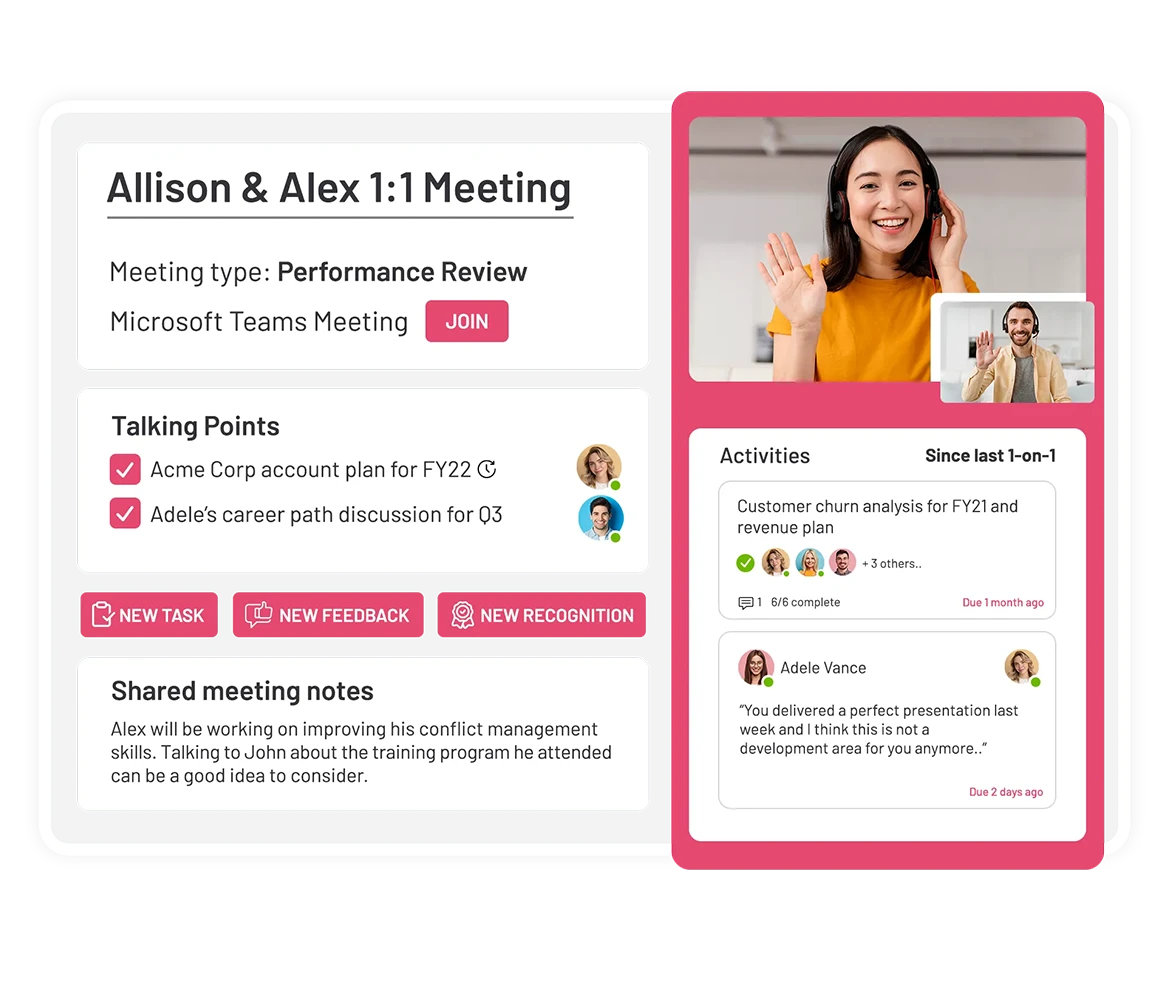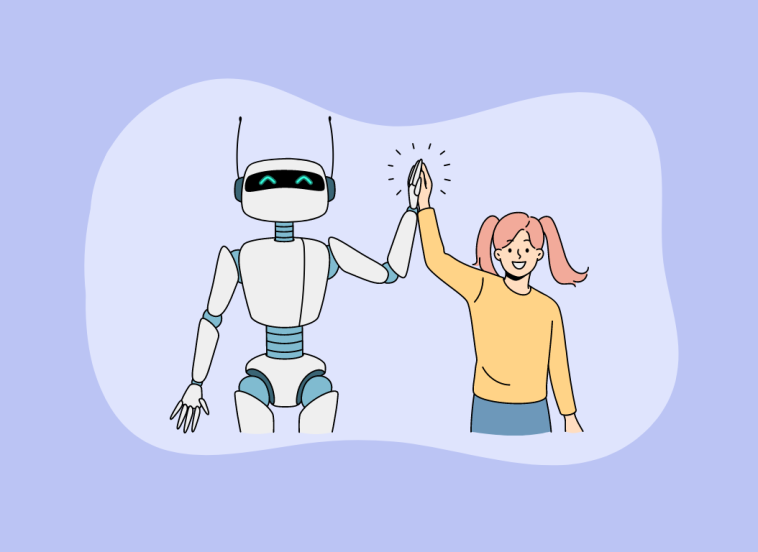Is AI going to replace HR? Probably not. Will it impact it heavily? You bet it will. The use of AI in HR will only increase as time goes by and that does bring with it some serious changes.
Isn’t it crazy how we used to think that artificial intelligence was only going to impact automatable jobs and leave the creative / skill-based industries alone?
Cut to 2024 and we have AI language models and image generators running wild, having every Fortune 500 company under the sun rushing to implement anything remotely AI-related into their products in order to stay relevant.
Artificial intelligence is a brilliant field of technology and even though it has been getting a lot of attention in recent years, most of the discussion surrounding AI is muddled by tech companies trying to create hype.
Billionaires are spewing science fiction nonsense to cover some of the deep-rooted problems in their non-practice of AI ethics, and a whole lot of clickbait.
The question we are asking today is: How does AI impact the HR industry? The answer, as we will cover further in this article, is in a variety of different ways! Why don’t you scroll down a bit to find out?
Table of Contents
What Are the Benefits of AI in HR?
AI is revolutionizing the way we do things, and the HR industry is no exception.
In recent months we’ve been enjoying a science fictionesque discourse when it comes to the discussion of AI, with people being divided into two very extreme sides of the discussion.
Advancements in AI technology are either evil practices coming for our jobs or some of the greatest achievements in human history.
While the right stance probably lies somewhere in the middle here are some of the benefits you might get from using artificial intelligence in human resources.
1. Automation of Mundane Tasks
One major benefit of using AI in HR is the automation of boring tasks. As with almost every corporate position, there are aspects of the job where we people can suddenly go: “I can train a monkey to do this.”.
Some of the most boring tasks that require non of your skills often end up taking most of your time, don’t they?
Who wants to sift through resumes and schedule interviews manually when you can use AI-powered tools to do the job? That frees up HR professionals to focus on more interesting work and strategic initiatives.
2. Data-driven Decision Making
Another awesome benefit is the ability to make data-driven decisions.
With AI-powered HR analytics software, HR professionals can get valuable insights and predictions to help them make informed decisions that benefit the company and its employees.
There are some incredibly effective HR software that already take advantage of artificial intelligence to create powerful data-driven reports and insights for their users.
3. Reducing Bias
And let’s not forget about reducing bias and increasing diversity in the workplace! While we hope that one day, this particular benefit of using AI in HR will be irrelevant in the future, today it is still rather useful.
While there are many things humans have that AI doesn’t which make us better than our robot counterparts, having biases is not one of them.
Unless we spoil their dataset, AI tools won’t have the same unconscious biases humans do.
Using AI to analyze resumes and candidate data can reduce the impact of unconscious biases and help HR teams build a more diverse and inclusive workforce.
Examples of AI Tools For HR
1. Teamflect
Teamflect is an all-in-one performance management application designed specifically for Microsoft Teams and it is a great way to take advantage of AI in HR.
Teamflect has plenty of useful modules that help users manage performance inside Microsoft Teams. However, it is Teamflect’s feedback module that makes use of Chat GPT.
Teamflect’s convenient feedback templates make asking for, giving, and receiving feedback very easy. But what happens if you receive more feedback than you can review and analyze?
Well, you simply press the “Summarize with AI” button and Teamflect uses Chat GPT to review all the feedback you received throughout a particular review period of your choosing and brings you a summary, highlighting your strong suits and areas of improvement.
More than a feedback software, Teamflect also offers a variety of other features such as:
- Employee engagement surveys
- Task management
- Goal setting and tracking
- Performance reviews
- And more!



